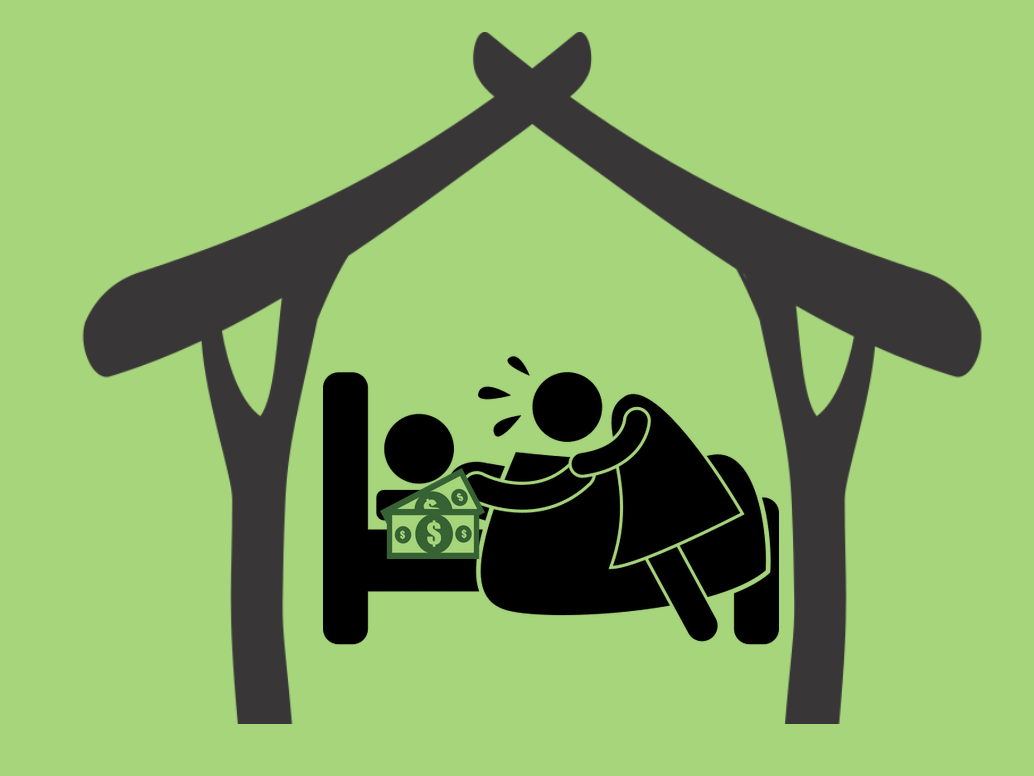LAND & PROPERTY RIGHTS/ SUCCESSION LAW
Leaving a will directly affects your descendants and inconveniences can be prevented by your foresight:
- You get to decide to whom your property will be given.
- Family conflicts can be avoided.
- Since you name all your properties, a loss of property out of not knowing can be avoided.
- Since the executor is a person you trust, mismanagement of the estate is likely to be avoided.
- If no last will is made, letting other persons apply for the Letters of Administration might jeopardize the interests of some or all the beneficiaries, such as minor beneficiaries.
Nonetheless, the High court has held that it is unlawful to bequeath the matrimonial property in a will without the spouse’s permission where the widow or widower survives the deceased. Matrimonial property passes on to the surviving spouse upon the death of his or her spouse and he or she reserves the rights to deal with it in any way she/he deems fit.[1]
Conclusion: One cannot bequeath matrimonial property in a will if there is a surviving spouse.
Further readings:
Follow this link to learn more about how to write a will
What happens if no will was made before passing away?
What happens after my partner/ parent/ legal guardian has died and he/she made a will?
Does performance of domestic duties and services of a spouse amount to a contribution to matrimonial property?
Do cohabitees have any property rights arising from their relationships?
Can one sell off or use matrimonial property as security for a loan without the other spouse’s consent or knowledge?
You need some assistance?
JCU generally provides free legal services to the vulnerable communities through the following ways.
- Legal Awareness. JCU creates legal awareness through community outreaches, online platforms and radio talk shows to sensitize the community about different laws and rights that may include matrimonial property rights.
- Legal Advice. JCU provides legal advice to walk-in and call-in clients in regards to many issues including marriage and divorce.
- Mediations. JCU also mediates issues relating to matrimonial property and other issues as a means to settle the matters amicably.
- Court representation. JCU provides free legal representation to individuals with issues involving marriage and divorce where matrimonial property is in dispute.
- Referrals. JCU acts as a referral pathway to and from other institutions that provide assistance to individuals facing issues not limited to matrimonial property rights. These among others include Legal Aid Project of Uganda Law Society, FIDA, Uganda Christian Lawyers Fraternity, World Voices Uganda, UGANET, Uganda Human Rights Commission, Children and Family Protection Unit- Uganda Police Force.
Sources
[1] Herbert Kolya V Ekiriya Mawemuko Kolya HC Civil 150 of 2016.
Further sources:
- Constitution of Uganda, 1995
- Land Act, 1998 Cap 227 (as amended) Laws of Uganda
- Marriage Act Chapter 251 Laws of Uganda
- Divorce Act Chapter 249 Laws of Uganda
- Hindu Marriage and Divorce Act Chapter 250 Laws of Uganda
- Marriage and Divorce of the Mohammedans Act Chapter 252 Laws of Uganda
- Customary Marriage (Registration) Act Chapter 248 Laws of Uganda
- The Registration of Titles Act Chapter 230 Laws of Uganda
- JCU Marriage & Divorce folder (can be downloaded)
- Case Law pls. see citations


One Response
Comments are closed.